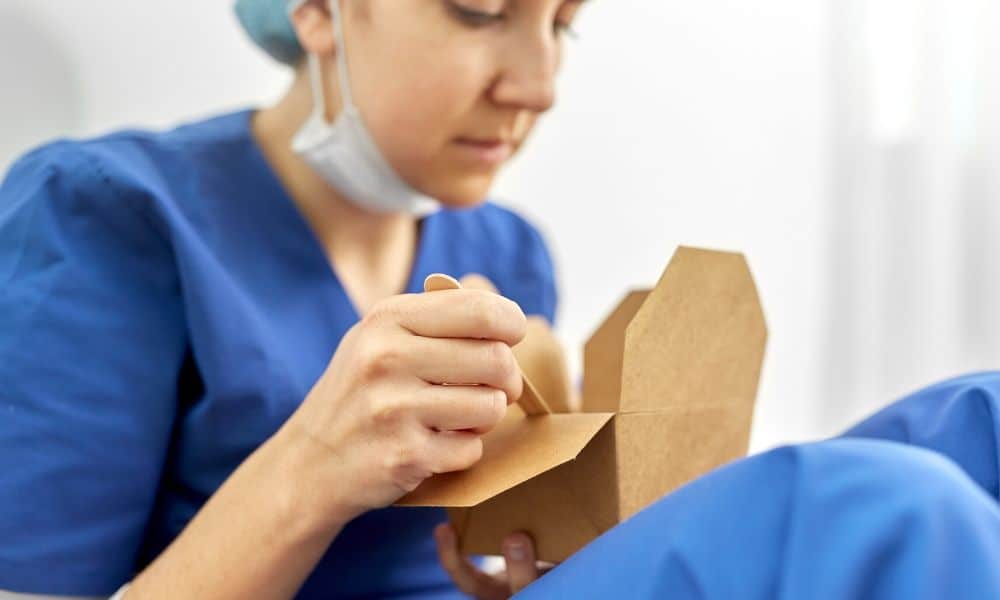Without a doubt, we’re in a crucial time in medical history. We’re amid a global pandemic; whether you’re a healthcare worker or you operate your own practice, we’re certain you’re facing numerous unique challenges right now. One of the biggest ones probably includes adapting to working outside of the typical nine to five—or even outside of your normally scheduled hours. Still, as medical professionals, we must be ready to take care of our patients as well as ourselves, especially during night-shift hours. To stay on your A-game, even at night, we encourage you to read our tips for healthcare professionals working overnight shifts.
Consume Caffeine Wisely
While caffeine may aid us in performing our responsibilities, too much of it can hinder us. In fact, if you’re overcaffeinated, you may experience digestive issues, headaches, and a rapid heart rate. Drink coffee or tea—perhaps limit your intake to just a cup—to stay awake, then drink water. Additionally, complement your caffeinated beverage with some other ways to keep energy up. For instance, stretch when you have a moment or take some time to go outside for fresh air.
Eat for Stamina
Unfortunately, unhealthy foods tend to make us feel sluggish, and you don’t want to feel this way while tending to others. Instead, opt for protein-packed options, as these will keep you alert. Fruits and vegetables are also ideal accompaniments for your meals; eat these as your sides or pack them as snacks.
Prioritize Your Rest
Of course, sleep deprivation can negatively affect your health as well as your performance on the job. Relax before your shift, and make sure you treat yourself to plenty of sleep once you’re back home again. In addition, make sure that you receive quality sleep. To promote restful sleep during odd hours, try an eye mask or blackout curtains and earplugs.
Travel to and From Your Work Safely
If you’re ever feeling drowsy, remember that driving in this state is dangerous. Carpooling may be an option if you live with a family member or friend who works in the same building or a nearby office. Public transportation is another alternative to driving—just be sure to keep your distance and protect yourself throughout your trip.
Stay Connected
If your family and friends work during regular hours, it’s easy to feel alone. Additionally, because of COVID-19’s magnitude, you’re likely experiencing added stress. Carve out some time to loop in loved ones and simultaneously ask for support. Their encouragement will become extra momentum to help you get through tough nights.
Although we’re in unprecedented times now, there will come a time when we will overcome the coronavirus pandemic.We hope you benefit from our tips for healthcare professionals working overnight shifts, and we thank you for everything you do to keep our communities healthy.







